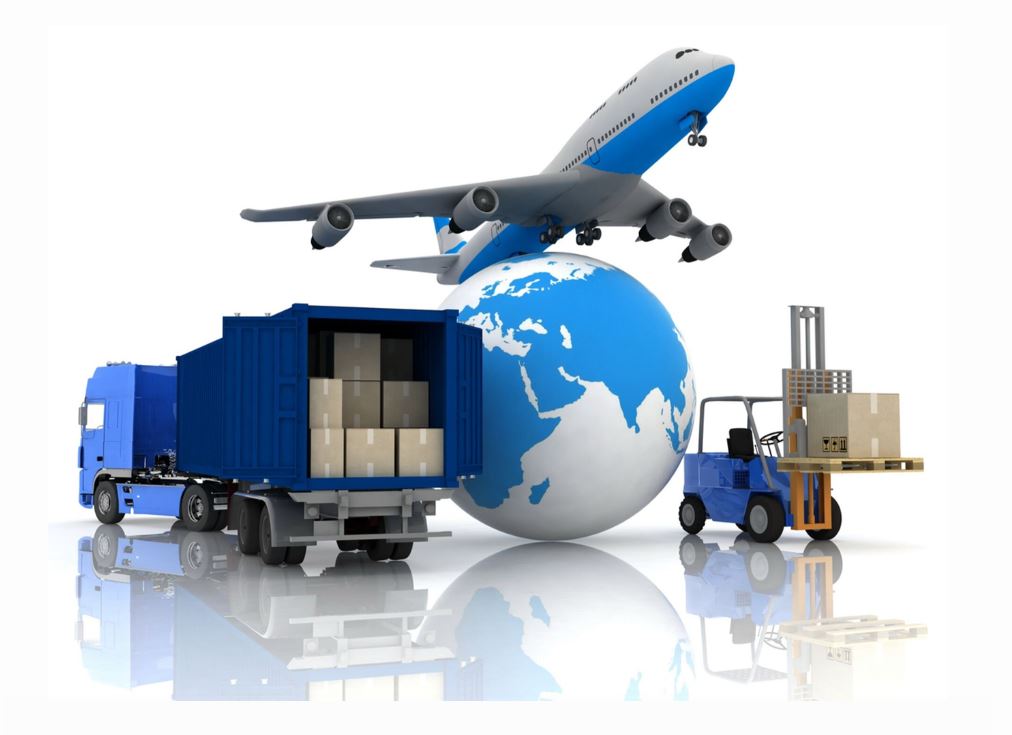On March 19, the ACCE100 webinar took place intending to develop a strategy and solution for the digitalization of the logistics ecosystem. ACCE100 is a network initiated by logistics companies.
Parties taking part in the webinar were the Ministry of Economics and Communication, Police and Border Guard Board, Accelerate Estonia, Eesti Raudtee, Tallinn Airport, Tallink, Operail, Ericsson, Omniva, DB Schenker, CF&S, Via3L, Ospentos, Helmes, Levikom, Levira, Balti Logistika, Association of Estonian International Road Carriers.
„I am glad to see that during the coronavirus crisis entrepreneurs are uniting forces to contribute to the development of solutions. ACCE100 unites all the parties of the supply chain having thus a significant impact on business sectors that trade with goods and services. There is a need to develop a strategy to come up with solutions that ensure the movement of goods without obstructions. Difficult times need quick thinking, cooperation, and decisive solutions,” says Viljar Lubi, Business Development Secretary at the Ministry of Economy.
According to the Secretary, the current crisis exposes the weaknesses we need to address. “Finding solutions to weaknesses requires tight cooperation, operability, and orientation towards solutions from both the public as well as the private sector. An important role here is to be played by the entrepreneurs of the logistics sector as our wellbeing relies on their efficiency. I am talking about those industrial, service and trade companies that need to ensure, for example, the availability and distribution of basic goods or, for example, to organize the transport of waste. The inefficiency of logistics management cripples vital functions in society,” adds Viljar Lubi.
Heiti Mering, Project Manager of international freight digitalization at Accelerate Estonia, says that the logistics sector is working on an outdated basis still preferring to manage processes on paper instead of digital services. “Regardless of the fast development of technology, the freight waybills, transit, export, and import declaration documents are still mostly on paper. That means opaque, slow and costly logistics that does not go together with the information era we live in. The organization of services and trade need more modern and effective management. The sector that is expected to be operative and effective, is still working on paper and is clearly an obstacle in crises that we are facing today. Logistics companies have taken a stance that the entire system needs to be modernized and changed structurally to go over to a modern digital organization of logistics,” says Mering.
“The Accelerate Estonia eCMR team believes that the digital support of the supply chain helps to fasten the movement of goods and enables to plan the processes more easily, to subscribers as well as transport service providers. Not only in normal situations, but also in times of crisis. The digital management of waybills helps to ensure safety for the drivers as paper contaminated with the virus poses a risk to both the driver and the consignee,” says the eCMR Project Manager Heiti Mering, and adds that he is ready to offer his solution to parties that wish to organize freight transport safely and transparently. Today, there is a technical capability to turn the information moving together with goods 100% digital.


Leave A Comment